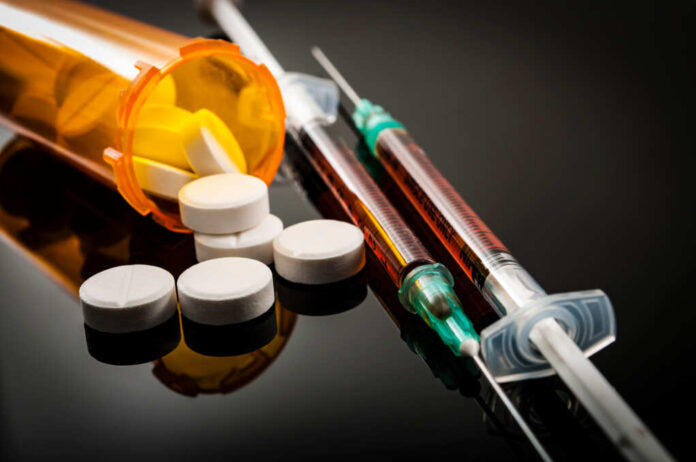
Endo Health Solutions Inc. has been ordered by a judge to pay $1.086 billion in criminal fines and $450 million in criminal forfeiture for misleading doctors about the safety of its opioid medication Opana ER with INTAC. According to the U.S. Department of Justice, this is the second-largest set of criminal financial penalties ever levied against a pharmaceutical company for violations of the Federal Food, Drug and Cosmetic Act.
Misery, Refunded -& Diminished! Opioid Manufacturer Endo Health Solutions Inc. Ordered to Pay $1.536B In Criminal Fines and Forfeiture for Distributing Misbranded Opioid Medication @CivilRights @dreamgbutterfly🦋⚖️🏹https://t.co/LcSaIiweM2 pic.twitter.com/8JH07kMdtx
— Dreamgbutterfly🦋⚖️🏹 (@dreamgbutterfly) May 4, 2024
The company, which had previously filed for bankruptcy, admitted during its guilty plea last month that certain sales managers were aware of sales representatives making false claims about Opana ER’s abuse deterrence, tamper resistance and crush resistance when marketing the drug to prescribers. Endo Health Solutions also acknowledged that some sales representatives demonstrated the supposed crush-proof and tamper-resistant properties of Opana ER by striking non-medicated sample pills with hammers.
FBI Miami teamed with several federal partners to investigate Endo Health Solutions, Inc resulting in $1.536 Billion in criminal fines and forfeiture against the company for the distribution of misbranded opioid medication. Learn more: https://t.co/1EicxBdn8H pic.twitter.com/QmZIrRxgeb
— FBI Miami (@FBIMiamiFL) May 3, 2024
DEA Administrator Anne Milgram stressed in a statement that the opioid crisis faced today originated, in part, from companies like Endo Health Solutions building their business on false claims and deceptive business practices, prioritizing profits over the health and well-being of the American people by intentionally misrepresenting opioid medications.
Endo Health Solutions’ corporate affiliates emerged from bankruptcy last month, but the company will cease to operate in its existing form and will not emerge from bankruptcy. As part of the confirmed bankruptcy plan, the new company has funded voluntary trusts to settle opioid-related claims, with public trusts set to pay over $450 million to state, municipal and tribal entities to help fund programs to abate the opioid crisis.














